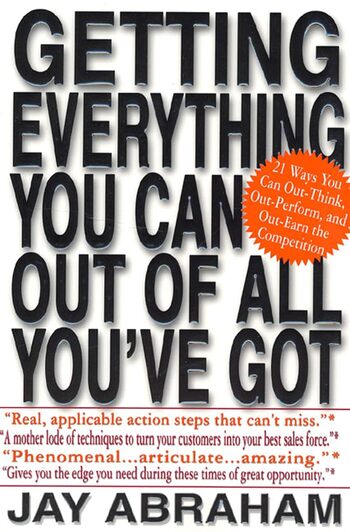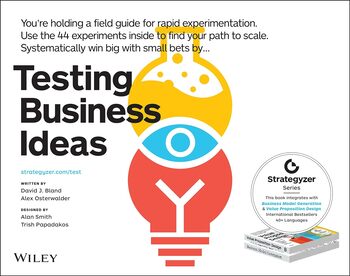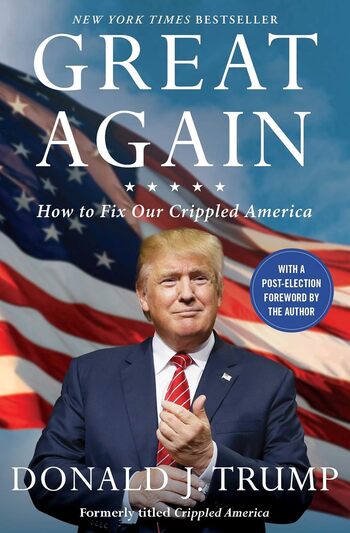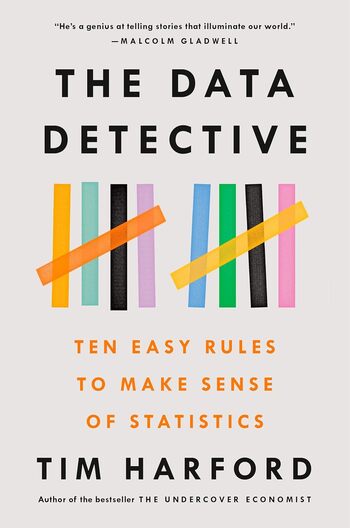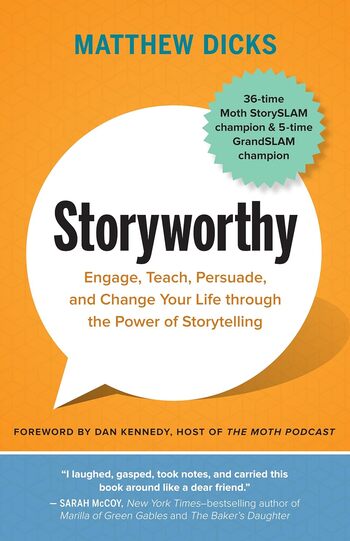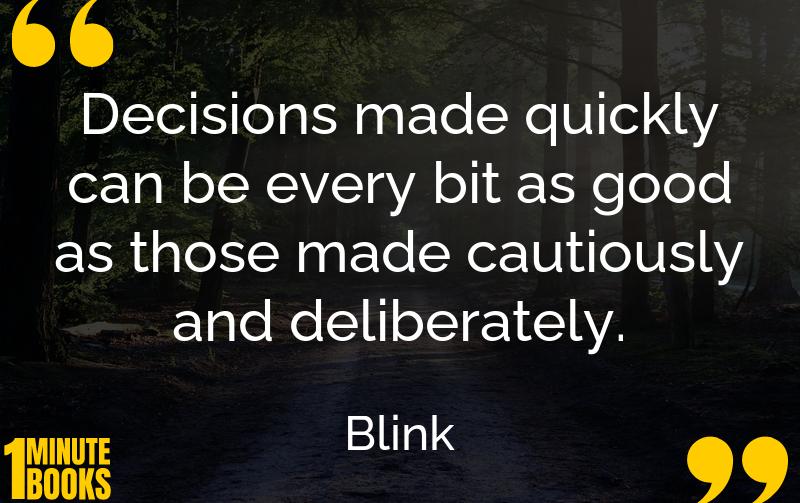
Blink explores the power and limitations of quick decision-making and intuition, using examples like the Pepsi Challenge to illustrate when instincts can be trusted and when they might lead us astray.
Main Lessons
- Quick decisions can be as effective as deliberate ones.
- Learn when to trust your instincts, and when to be cautious.
- Snap judgments can be honed through ‘thin-slicing.’
- ‘Thin-slicing’ helps recognize patterns in limited information.
- Examples show when instincts help and when they mislead.
- Coke vs Pepsi illustrates flaws in consumer perception.
- Home tests differ from quick taste tests; context matters.
- Our preferences can be swayed by small, often unnoticed factors.
- Intuition can inform decisions but requires critical awareness.
- Over-reliance on conscious analysis may cloud instinctive insights.
- Our unconscious mind plays a crucial role in decision-making.
- Recognizing biases can improve judgment and decision quality.
- Gladwell extends insights to music, margarine, and social cues.
- Personal instincts can reveal truths even before conscious mind notices.
- Improving instinct leads to better gambling and decision-making in risks.
